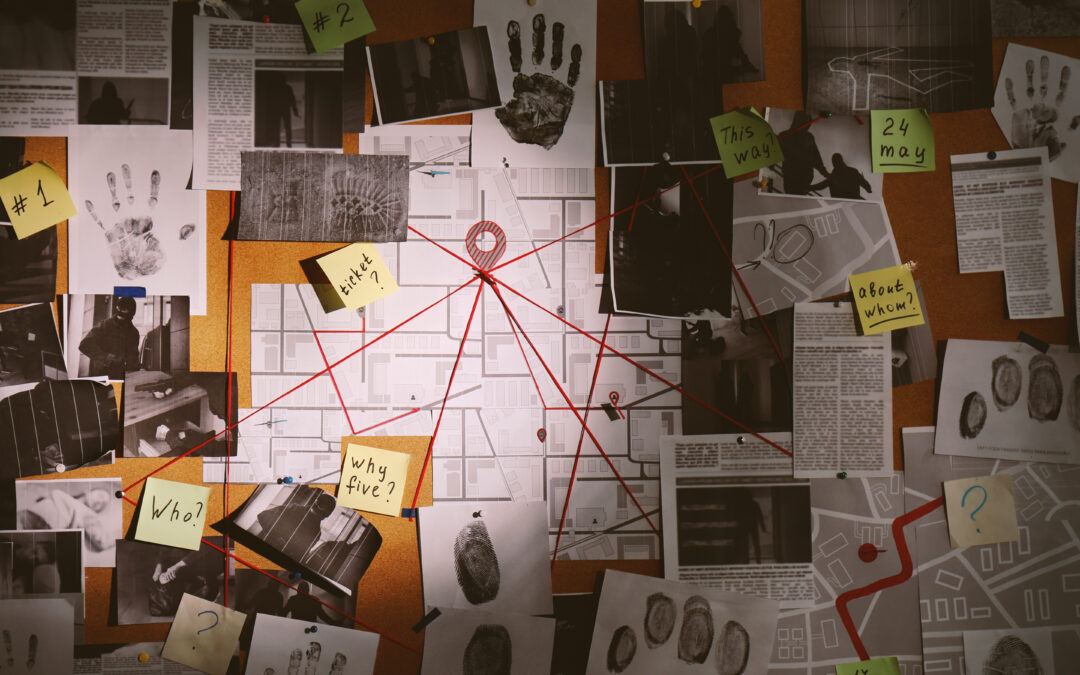Eighty-four percent of Americans consume true crime content. Seventy-five percent of true crime podcast listeners are women. My Favorite Murder hit number one on iTunes within six months. Crime Junkie gets millions of downloads per episode. We’re collectively obsessed with stories about the worst things humans do to each other, and psychologists finally have answers about why.
Controlled Fear in Your Living Room
“True crime allows us to experience fear and horror in a controlled environment where the threat is exciting but not real,” explains Dr. Scott Bonn, criminology professor and author of Why We Love Serial Killers. It’s the same reason people ride roller coasters or go through haunted houses. We crave the adrenaline and excitement that fear provides, but only when we can turn it off.
Listening to a murder podcast while doing dishes or watching a documentary from your couch lets you experience danger’s intensity without actual risk. Your brain gets the thrill, the heightened alertness, the rush of stress hormones, but you remain completely safe. It’s psychological exposure therapy you’re administering to yourself, confronting fears in bite-sized, manageable pieces.
This controlled exposure may even reduce anxiety about crime in the long run. One study found that listening to true crime stories can actually soothe listeners’ fear of being killed by helping them process and understand violence from a safe distance.

We’re Wired to Solve Mysteries
Humans love puzzles, and true crime delivers them with emotional stakes attached. “By following an investigation, people can play armchair detective and see if they can figure out ‘whodunit’ before law enforcement catches the actual perpetrator,” Bonn notes. Every episode is a challenge for your brain, and solving it provides genuine satisfaction and closure.
Modern true crime often structures stories as mysteries with reveals at the end, encouraging listeners to examine evidence and form their own theories. This active engagement keeps us hooked far more effectively than passive entertainment. We’re not just consuming a story, we’re participating in it, testing our deductive reasoning and pattern recognition.
The puzzle-solving aspect explains why open-ended cases like Serial and Making a Murderer become cultural phenomena. They suggest the justice system isn’t infallible and invite us to solve what professionals couldn’t. That combination of mystery and justice-seeking proves irresistible.
Parasocial Relationships and Community
Podcast formats create intimate experiences where hosts’ voices become familiar companions. Listeners describe feeling like hosts are friends, creating parasocial relationships that fulfill genuine social needs. Many true crime podcasts adopt conversational formats, making listening feel like eavesdropping on friends discussing something fascinating and terrible.
This extends to online communities. Reddit threads, TikTok discussions, and Facebook groups transform passive consumers into active participants. People share theories, analyze evidence, and form global communities around cold cases. It creates belonging and shared identity around the content.

The Dark Side
The genre isn’t without ethical concerns. Families of victims often object to their tragedies becoming entertainment. Shows and podcasts have faced backlash for sensationalizing violence, failing to cite sources, or joking about real victims. A 2024 poll found over 60% of Americans believe creators should get consent from victims’ families before producing content.
There’s also the “mean world syndrome” risk. Repeated exposure to violent content can create cognitive biases, making people believe the world is more dangerous than statistics show. The constant stream of worst-case scenarios can increase anxiety rather than alleviate it.
Why It’s Not Going Away
True crime taps into fundamental human needs: safety, understanding, mastery over fear, social connection. The format has evolved from niche curiosity to mainstream obsession because it serves genuine psychological functions. It helps us process darkness, prepare for unlikely scenarios, and satisfy our eternal fascination with good versus evil.
So next time you queue up another murder podcast while folding laundry, know you’re not alone. You’re part of a massive audience using stories about humanity’s worst moments to feel more prepared, more connected, and paradoxically, more safe.


